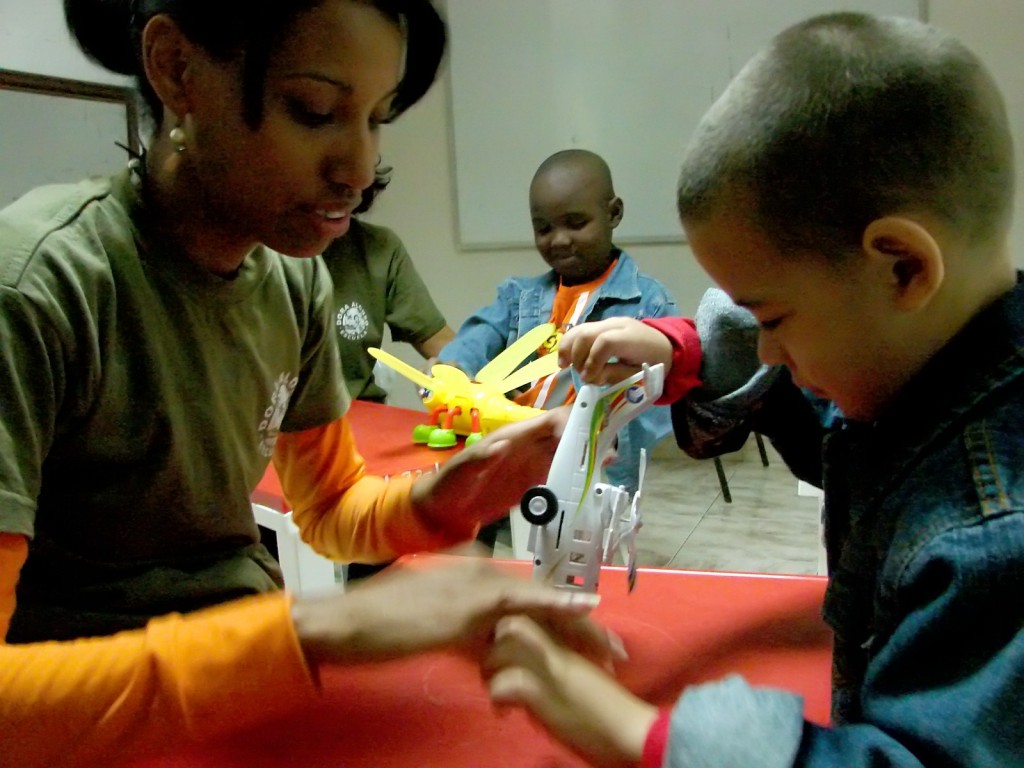
The essential goal is the social incorporation of disabled people, said the national director of Special Education. In the current academic course, about 1,131 young graduates and adolescents were fixed to a job from the 1,539 who gradated last year.
In a press conference, Doctor in Pedagogical Sciences Moraima Orosco, national director of Special Education -that will celebrate its 52nd anniversary on January 4, 2014-, explained there are 369 special schools with 38,239 students, from them 4,274 are new students.
Orosco noted this education has the support of more than 15,000 professors, from which 1,913 are in the classrooms, what helps the relation student-teacher to be 3,9.
She stressed that mental retardation is the most frequent disability in Cuba with 30,097 students representing the 78,7 percent of the total registration.
The national director of Special Education said “we are hopping to receive supports and helps in the development of these people, so we could improve their levels of abilities.”
In this sense, she referred to the main role, not only of the family, but also of the professors and the community in general, because all will help their insertion and acceptance of these disabled people, to improve their way of life.
Among other modes and services of the Special Education she mentioned the hospital classrooms –at present 36 with 155 students-; the students are assisted by itinerant teachers; also mentioned the nurseries and those houses for vulnerable children (abandoned children).
During the press conference, young people graduated from Special Schools, who are currently parts of the staff of the schools, as well as professors and directives devoted for years to this activity were also present. All of them have contributed to the development of this type of education in Cuba, perhaps the most sensitive of all.